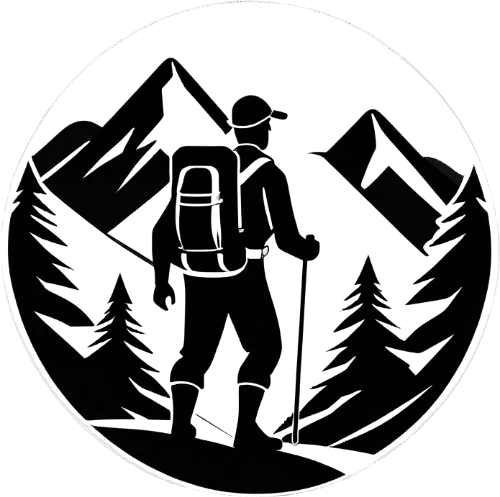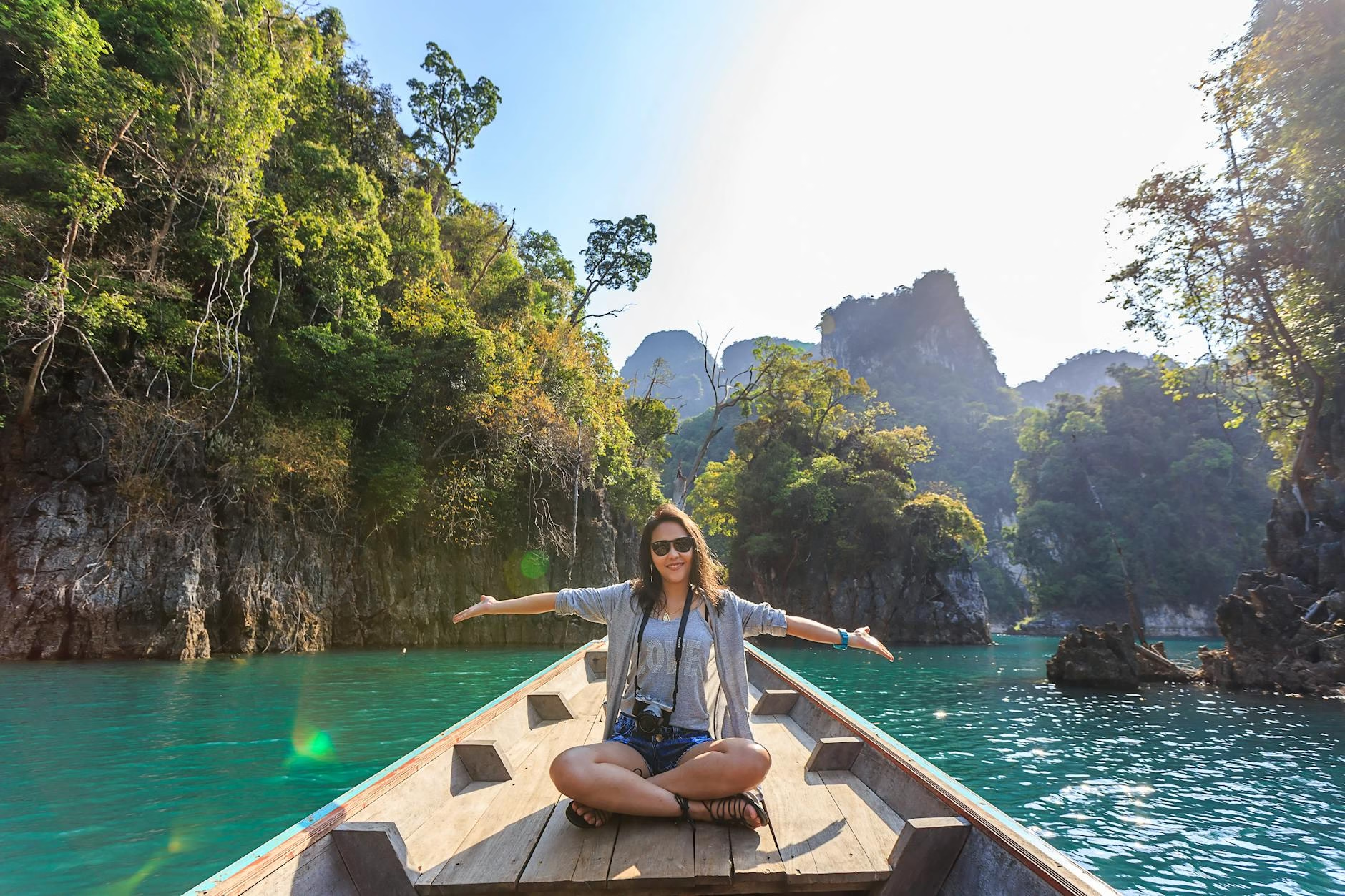Table of Contents
Trave Guide to Beginners

Embarking on your first travel adventure can feel overwhelming, but with proper preparation and these essential tips, you’ll be well-equipped to navigate the world safely and confidently.
Essential Pre-Travel Planning

Research Your Destination Thoroughly
Before setting foot in any new place, invest significant time in research. Understanding your destination is crucial for both safety and enjoyment. Key areas to investigate include:
- Local customs and cultural norms to ensure respectful behavior
- Basic phrases in the local language, even if English is widely spoken
- Tipping etiquette and local payment preferences
- Weather patterns and best times to visit
- Popular attractions and safe neighborhoods
- Transportation options and their reliability
Documentation and Legal Requirements

Proper documentation is the foundation of stress-free travel. Essential documents include:
For Domestic Travel:
- Valid government-issued photo ID (passport, driver’s license, or voter ID)
- Boarding passes and booking confirmations
For International Travel:
- Passport valid for at least 6 months beyond your return date
- Visa or entry permits as required by your destination
- Travel insurance documentation
- Vaccination certificates if required
- International driving permit if you plan to rent vehicles
Pro tip: Create both physical and digital copies of all important documents. Store digital versions in cloud storage for easy access if originals are lost.
Travel Insurance: Your Safety Net

Why Travel Insurance Matters
Travel insurance isn’t optional—it’s essential protection against unforeseen circumstances. Common scenarios it covers include:
- Medical emergencies abroad, where healthcare costs can be astronomical
- Trip cancellations or interruptions due to illness, weather, or family emergencies
- Lost or stolen luggage and personal belongings
- Flight delays and missed connections
- Emergency evacuation services
Choosing the Right Policy
When selecting travel insurance, consider these factors:
- Coverage details that match your specific needs and planned activities
- Policy limits and exclusions to understand what’s not covered
- Geographical coverage appropriate for your destinations
- Duration of coverage that extends throughout your entire trip
- Pre-existing medical conditions and whether they’re covered
Smart Budgeting and Financial Planning

Creating a Realistic Travel Budget
Effective budgeting prevents financial stress and allows you to enjoy your trip fully. Break down your budget into these categories:
Essential Expenses:
- Transportation (flights, trains, buses, local transport)
- Accommodation
- Food and beverages
- Travel insurance and visas
Variable Expenses:
- Activities and attractions
- Shopping and souvenirs
- Emergency fund (10-15% of total budget)
Money-Saving Strategies
- Book early for better deals on flights and accommodations
- Travel during shoulder seasons to avoid peak pricing
- Use public transportation instead of taxis or private cars
- Eat where locals eat for authentic and affordable meals
- Stay in hostels or alternative accommodations like Airbnb
- Look for free activities such as walking tours and museum free days
Packing Like a Pro

The Art of Packing Light
Experienced travelers unanimously agree: pack light. Benefits include:
- Easier mobility through airports, train stations, and cities
- Lower baggage fees and reduced risk of lost luggage
- More flexibility in accommodation choices
- Less physical strain during your journey
Essential Packing Categories

Clothing (choose versatile, mixable pieces):
- 3-5 tops that can be layered
- 2-3 bottoms (pants, shorts, or skirts)
- 1 light jacket or cardigan
- Undergarments for 5-7 days
- Comfortable walking shoes and sandals
Tech and Electronics:
- Smartphone and charger
- Universal power adapter
- Portable battery/power bank
- Camera (though phone cameras often suffice)
Health and Hygiene:
- Basic first aid kit
- Prescription medications
- Travel-sized toiletries
- Hand sanitizer and face masks
- Sunscreen and insect repellent
Practical Items:
- Travel documents in waterproof folder
- Small daypack for daily excursions
- Reusable water bottle
- Universal sink plug and laundry detergent for washing clothes
Safety and Security Fundamentals

Personal Safety Guidelines
Your safety should always be the top priority. Key safety practices include:
Situational Awareness:
- Stay alert and aware of your surroundings at all times
- Avoid wearing headphones that prevent you from hearing potential dangers
- Don’t display expensive items like jewelry, cameras, or phones unnecessarily
- Walk with confidence and blend in with locals when possible
Accommodation Safety:
- Research safe neighborhoods before booking
- Secure your room with additional locks or door jammers when available
- Use hotel safes for valuables and important documents
- Get the hotel’s business card to show taxi drivers if you get lost
Transportation Safety

General Transport Guidelines:
- Use reputable transportation services with proper identification
- Avoid unmarked vehicles and always verify driver identity
- Sit strategically (near the driver on buses, middle cars on trains)
- Keep bags in front of you in crowded areas
For Solo Travelers:
- Share your itinerary with trusted contacts back home
- Check in regularly with family or friends
- Avoid isolated areas, especially at night
- Trust your instincts—if something feels wrong, remove yourself from the situation
Communication and Connectivity

Staying Connected
Reliable communication is crucial for both safety and convenience:
- Get a local SIM card or international plan upon arrival
- Download offline maps before traveling to avoid getting lost
- Learn emergency numbers for your destination
- Save important contacts including embassy information for international travel
Language Barriers

Even basic language skills can significantly improve your experience:
- Learn essential phrases like “please,” “thank you,” “help,” and “where is…”
- Use translation apps like Google Translate with offline capabilities
- Carry a phrasebook as a backup to technology
- Be patient and polite when communication difficulties arise
Health and Wellness

Pre-Travel Health Preparation
Protecting your health starts before you leave home:
- Consult a travel medicine specialist 6-8 weeks before departure
- Get required vaccinations based on your destination
- Pack a comprehensive first aid kit with personal medications
- Research healthcare facilities at your destination
Staying Healthy While Traveling

- Stay hydrated, especially in hot climates or high altitudes
- Practice good hygiene with frequent hand washing
- Be cautious with street food initially until your system adjusts
- Get adequate rest to maintain your immune system
- Protect yourself from sun and insects with appropriate products
Cultural Awareness and Etiquette

- Respecting Local Customs
Cultural sensitivity enhances your travel experience and shows respect for your hosts:
- Dress appropriately according to local customs and religious requirements
- Learn about tipping practices which vary significantly between countries
- Understand gender dynamics and social norms
- Respect religious sites and practices
- Be mindful of photography restrictions in certain areas
Flexibility and Mindset

- Embracing the Unexpected
The best travelers learn to adapt and remain flexible:
- Don’t over-plan your itinerary—leave room for spontaneous discoveries
- Follow the two-day rule: spend at least two days in each location
- Expect things to go wrong and view challenges as part of the adventure
- Stay positive when facing delays, language barriers, or cultural differences
- Be open to local recommendations which often lead to the best experiences
Managing Travel Fatigue

Avoid burnout by pacing yourself appropriately:
- Allow time to recover from jet lag before intensive activities
- Schedule rest days between major destinations
- Listen to your body and take breaks when needed
- Don’t try to see everything—quality over quantity
Travel tips for beginners
Travel is one of life’s greatest teachers, offering opportunities for personal growth, cultural understanding, and unforgettable memories. While these tips provide a solid foundation for safe and enjoyable travel, remember that each journey is unique. Start with destinations that match your comfort level, gradually building confidence and experience with each trip.
The key to successful travel isn’t perfection—it’s preparation, flexibility, and a willingness to learn from every experience. Embrace the challenges alongside the joys, and you’ll return home with stories, perspectives, and confidence that will serve you well on future adventures.
Most importantly, trust yourself. With proper preparation and common sense, the world is yours to explore safely and confidently.


2 thoughts on “Travel tips for beginners”